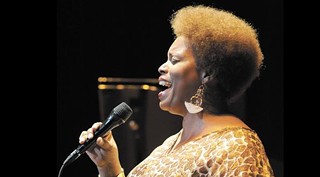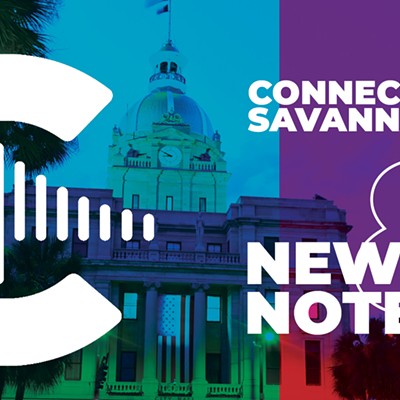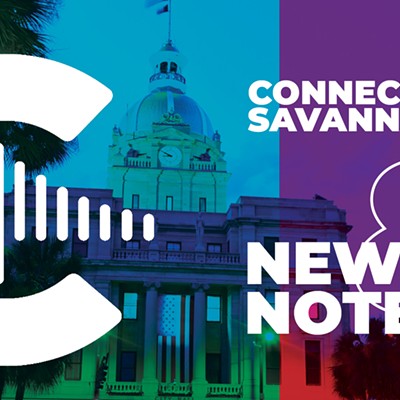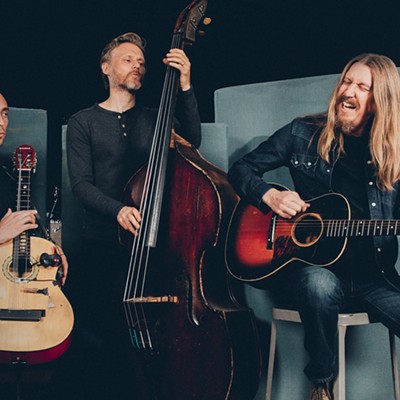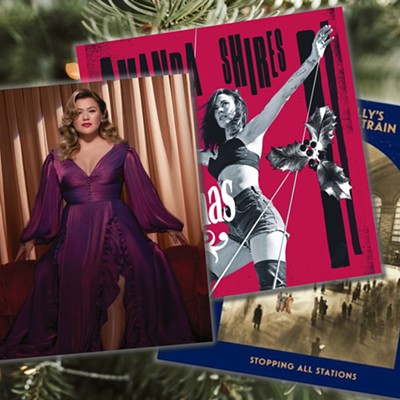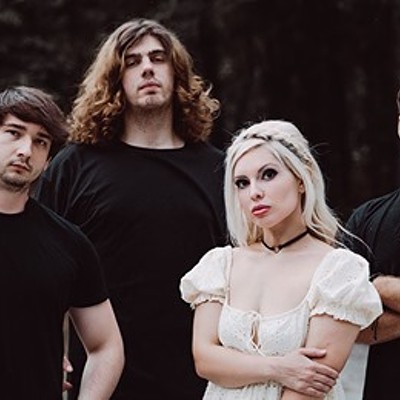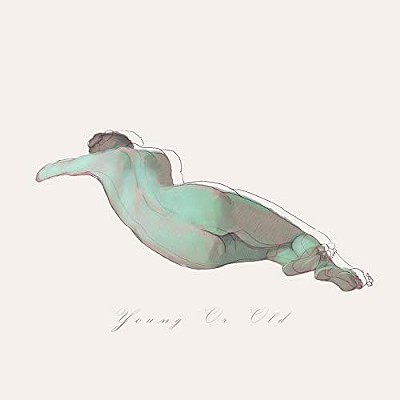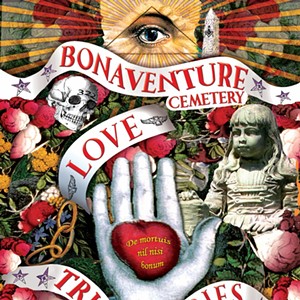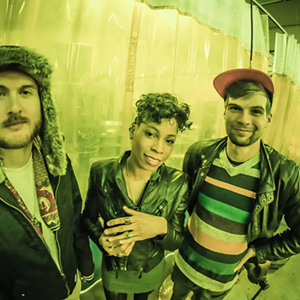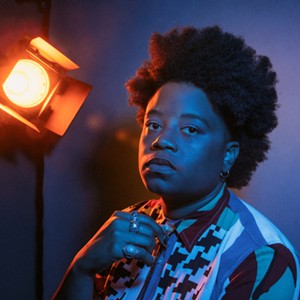The first time I saw Dianne Reeves -- at her initial visit to the Savannah Music Festival , also at the Lucas -- I had never before witnessed A) a voice of such range and power that it could fill every nook and cranny of a room as if in a liquid state; and B) a performer who could so quickly and completely establish such a warm and intimate bond with an audience.
In short, I was awestruck and have been a major fan since.
Reeves' performance Saturday night was no less powerful or warm, and her world-class band (Rueben Rogers on bass, Terreon Gully on drums, and the matchless Peter Martin on piano) remain quite simply one of the best ensembles of any kind in the world. They were joined the whole set by Brazilian guitar genius Romero Lubambo on nylon-string acoustic. His brilliant sustain, quick fingers, and perfect tone added yet another layer of beauty to the arrangements.
Everything Reeves does is a highlight to me, but the clear high point of her set was an absolutely devastating rendition of Billie Holliday's "Don't Explain." It was one of those rare but unforgettable chill-up-your-spine moments that the Savannah Music Festival, at its best, provides in unusual abundance.
Like the rest of us, Reeves isn't getting any younger, but she clearly hasn't lost a step. Her trademark enormous range and scat-singing ability remain fully intact. However, at an hour on the dot, her set felt too short -- which was ironic given that she didn't even take the stage until 10 p.m., with the entire show lasting three full hours (including an excruciatingly long intermission).
Billed as "Jazz Meets Brazil," the show didn't actually feel like a "meeting," other than Lubambo's notable virtuosity while sitting-in. The second half featuring Reeves I have already described; the first half featured the young, charismatic, and very talented Brazilian composer and jazz guitarist Chico Pinheiro.
Despite the fact that Pinheiro and Reeves are actually good friends and have recorded together, I didn't get enough of a sense of them as collaborators. In actuality this concert had the feel of two separate and distinct shows.
While Pinheiro's set had a somewhat unorganized feel, with instruments and mics being set up, lengthy introductions being made, and hearty congratulations being handed out, the musicianship was clearly not in question. I'm also happy to report that the overall mix was at a higher volume than similar Music Fest shows in the past.
(I remember hearing -- or rather, not hearing -- the Assad Brothers in the same venue last year, playing the same genre of music on the same instruments. It was a great show -- I think.)
At one point Pinheiro, in a surprise move not on the program, brought out famed bandleader Bob Sadin, who conducted a small string-and-woodwinds ensemble. While I found the arrangement itself to be soulless and saccharine, an unexpected treat came when Festival stalwart Ted Nash stepped up for a sax solo in full Charlie Parker mode, playing real, honest-to-goodness, full-on bebop the likes of which you don't really hear that much anymore.
I personally don't have a problem with a three-hour show, but the length of this concert was clearly longer than many in the audience bargained for. I suspect many had babysitters and such they needed to get back to, which is certainly understandable, if unfortunate.
What this meant in practice was that at about 10:45, a steady stream of people began leaving the show, just as Reeves was hitting her stride. It certainly wasn't a reflection on the performance, but it made for a bad look, and is a logistical detail that perhaps might be considered for the next edition of the Festival.

